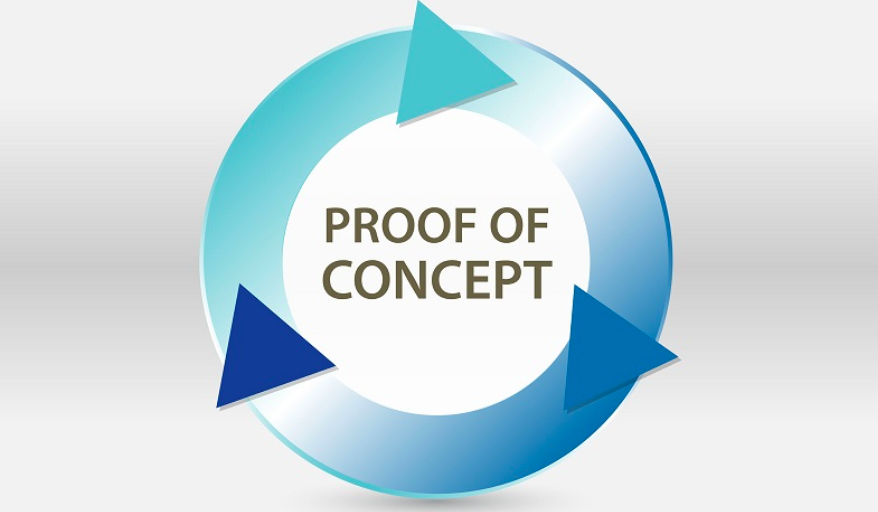If you are reading this, you probably have a great idea for a start-up. But at the same time, you realize how much trouble there is in creating a truly successful one. It is not strange, because only 10 percent out of 100 are successful and competitive. This is often caused by superficial market research which reduces the interest of a potential customer to virtually zero. There is also the accompanying problem of a lack of funds. But, the most common problem is a lack of knowledge in the field of start-up promotion. But don’t be in a hurry to think that you won’t be able to create something worthwhile. Firstly, you can always turn to poc in software professionals and get a personalized approach that guarantees a cool result. In this article, we will introduce you to the proof of concept definition in software development and explain why you can’t do without it in today’s world.
What is РoС in the broad sense?
In a broad sense, proof of concept is intended to provide an analysis as to whether an idea can be translated into an actual consumer product. In addition, it is a proof of concept to understand how an outcome can be achieved. In other words, it helps us anticipate problems and mishaps in the early stages of product creation. In turn, if we are talking specifically about РoC, it is worth realizing that this check is needed to confirm the viability of technical solutions.
In the РoС phase, the idea is comprehensively planned and tested for viability. For this purpose, specific applications are developed, which in turn lead to the creation of specific technical documents and the announcement of the MVP development schedule. The peculiarity of this concept is that it involves all stakeholders of the project in making common decisions for the realization of the final product.
Roughly speaking, the PoC is the fundamental backbone on which the project strategy is created, with clear goals and expected outcomes, which makes it the most important component of any successful startup. After all, if you think about it, the lack of a clear plan is what makes most projects fail.
Why do you need PoC?
Initially, a PoC is a small project that is intended for internal use. Its main purpose is to explore particularly important issues and adopt the concept internally as a working one. Which benefits does it have?
- One of the main benefits is the calculation of the monetary viability of the project. This will help avoid additional costs and provide a clear understanding of the scope for financing the project.
- The main purpose of the PoС is to provide evidence that the product being created can be used effectively. Don’t you agree, that in order to secure third-party funding, you need to show something that actually works?
- Your software needs to be tested in the software product market. It is important to work with potential customers, understand their needs, and be able to satisfy them. After all, being people-oriented is a guarantee of successful development.
- The appetite for a project can be really big. At this stage, it is important to understand the feasibility of bringing them to life from a purely technical point of view. This is possible thanks to the PoC. You want a product that works quickly and smoothly, don’t you?
- With a quality proof of concept, you will be able to strategize your work, find all the pitfalls, and assess the risks. Taken together, this process will help you establish a competent workflow even before the product is fully launched.
Conclusions
Implementing a PoC audit involves many steps, which are primarily aimed at creating a sound strategy for the startup. With PoC, you will protect yourself from potential mistakes that, no less, could ruin the project. Naturally, it is better to see and correct the flaws before you launch the product on the market. This saves you money, effort, and resources. Just because the latter is better spent on creative issues than on sorting out technical bugs, right?
Moreover, PoC is designed to create a prototype that can competently present your product to investors, which will attract the necessary capital to the project. Your task is to contact the team of professionals and get comprehensive advice and skilled help.



